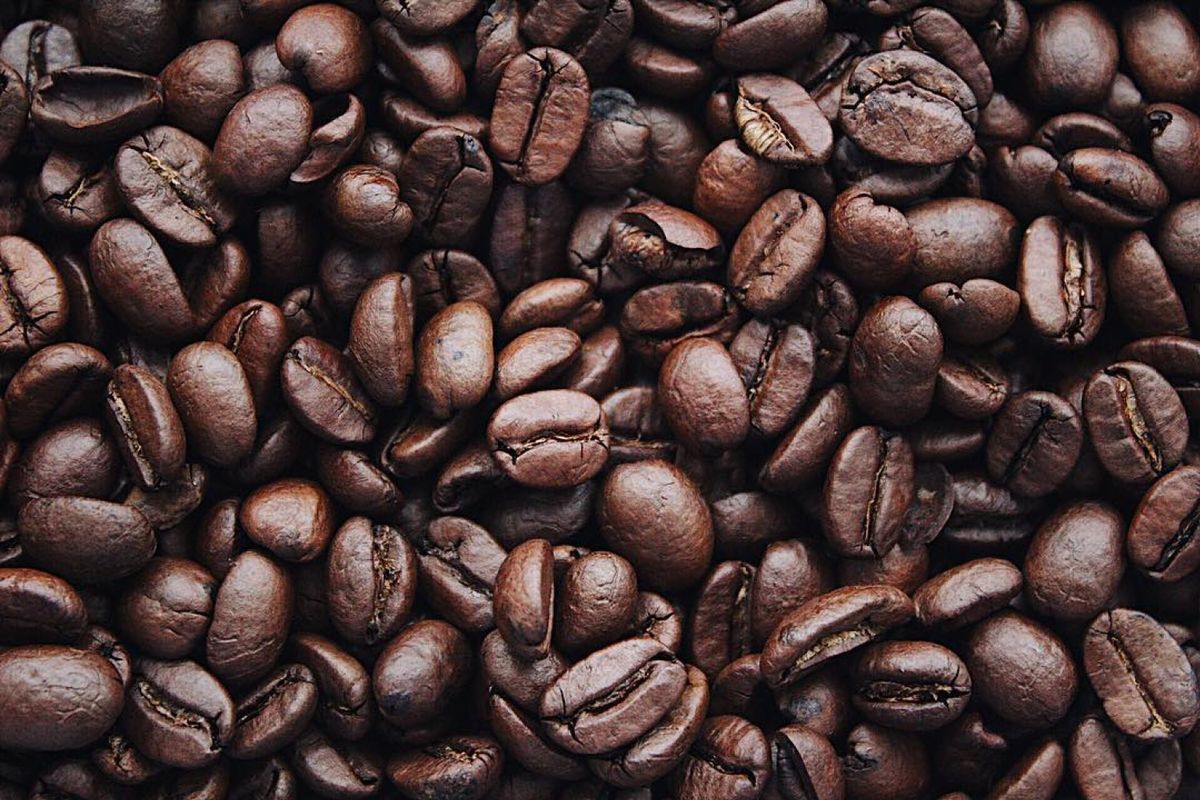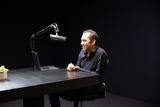Iron - the role of coffee

The human body needs iron, an essential mineral, to survive. It helps you produce haemoglobin, for example, which is required to deliver oxygen.
So does drinking coffee affect the absorption of iron? Is there a way to still drink coffee or tea and still be able to absorb iron?
Research has shown that tea and coffee can reduce the absorption of iron in the body by 30–40%. Tea, in fact, reduces absorption by up to 60%. Especially if you are a vegetarian, a woman, or both, this is not good news. Allow me to explain.
When you eat food, depending on your culture, it contains iron. Non-vegetarian food has something known as heme iron. Vegetarian food has non-heme iron. Non-heme iron is much harder to absorb.
In a manner of speaking, you would need several times the amount of iron from vegetarian food as compared to the non-vegetarian kind to get the same amount of iron.
Women in particular are prone to low iron levels. So imagine a woman who is vegetarian and also drinks copious amounts of tea or coffee.
You are now more susceptible to low levels of iron. Intake is poor, and the little you got was chelated (removed) by the coffee or tea. So what can you do?
Research has shown that the action of chelation is lower if the coffee is consumed one hour prior to your meal. Drinking it during a meal or even up to an hour after still has the chelating action.
So, like me, if you are used to drinking coffee after a meal, change your habit or timing.
Low iron can result in low energy. In this case, it is because of the inability of your body to deliver oxygen, a necessary catalyst for the production of energy in your body.
By the way, in case you are wondering, drinking 2-3 cups of tea or coffee is perfectly fine.
Reach me on twitter @rbawri Instagram @riteshbawriofficial and YouTube at www.youtube.com/breatheagain






